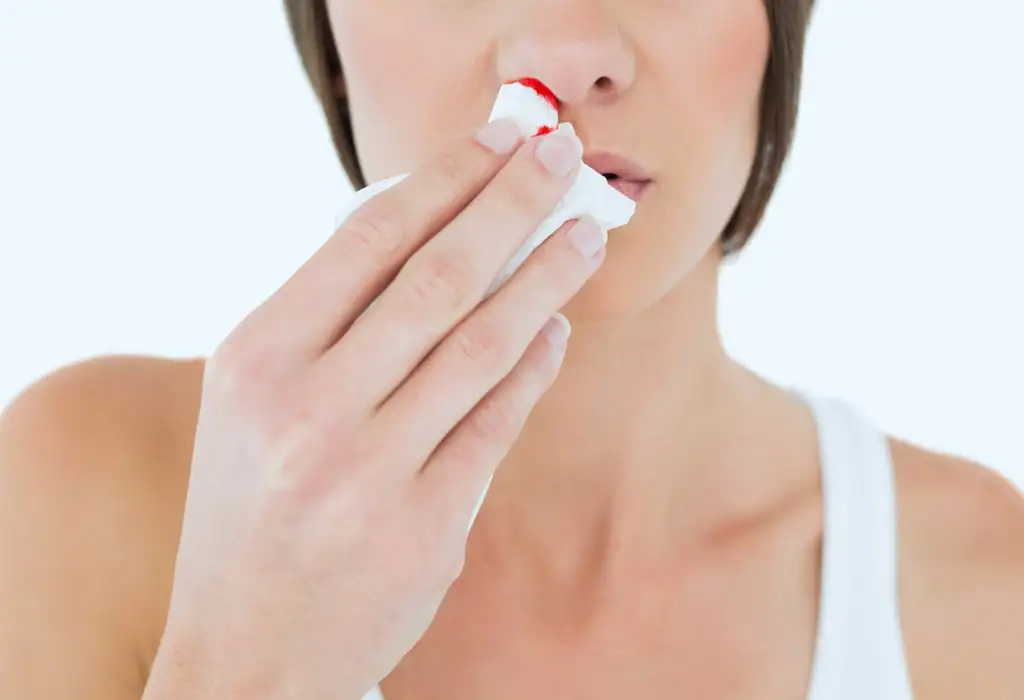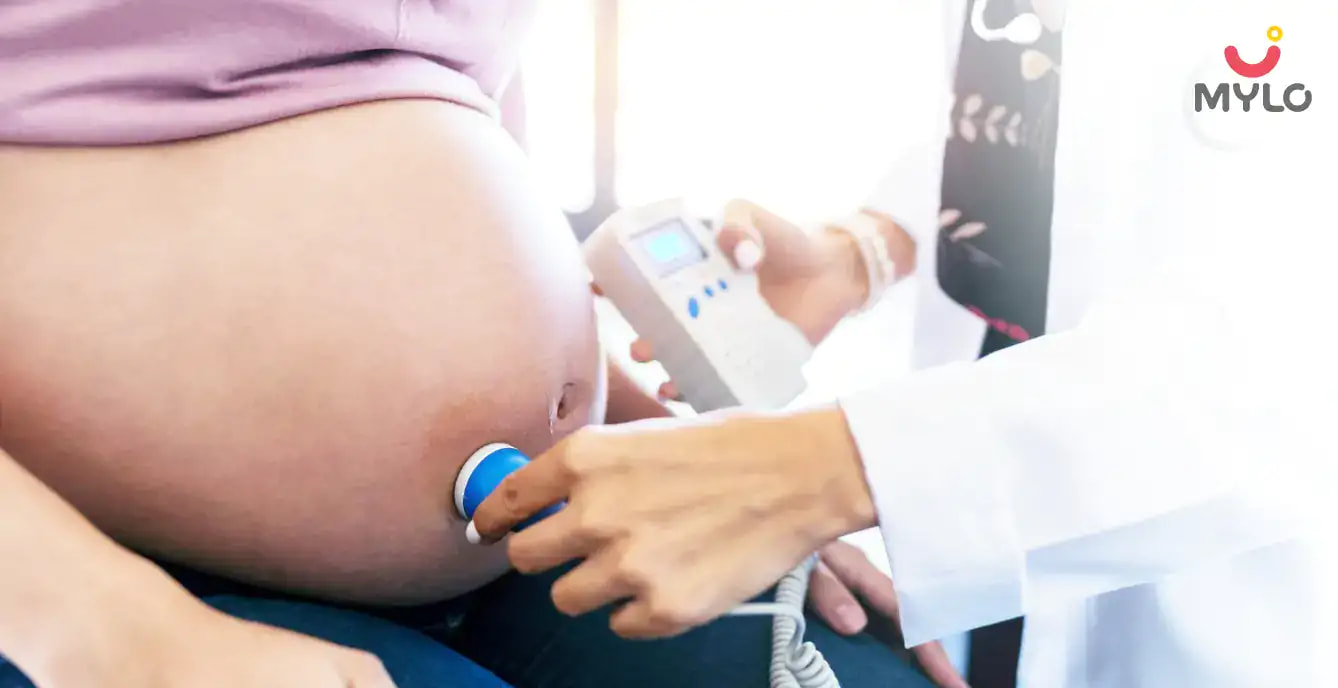Home

Fetal Heartbeat

How foul air may affect fetal heart development
In this Article
Fetal Heartbeat
How foul air may affect fetal heart development
Updated on 29 January 2022
Apart from ensuring healthy food choices, good prenatal care, and regular medicines, there are other factors also that affect the health of a developing fetus. One such environmental factor is exposure to microparticles in air pollution. According to a recent study, published in the journal Cardiovascular Toxicology, exposure to particulate matter in the air may damage the healthy development of the cardiovascular system of a fetus.
Researchers have found that exposure to microscopic particulates in early pregnancy or in late pregnancy, significantly impacted the development of the fetal heart. This means that pregnant women, those undergoing fertility treatment, or of child-bearing age should avoid going out in high pollution areas and should also consider monitoring the quality of indoor air.
Even a single incident of exposure likely to cause damage
The growth and development of the fetus are affected by what the mother eats, drinks and even breathes. Therefore, when she inhales these nano-particulates in the air, it affects her circulatory system, constricting her blood vessels and restricting the blood flow to the uterus. This lack of blood flow leads to a lower supply of oxygen and nutrients to the child, hampering its growth. Further, restricted blood flow may also lead to other pregnancy complications like intrauterine growth restriction.
For the purpose of the study, the researchers exposed a group of pregnant rats to nano aerosols of titanium dioxide a single time during all three trimesters and observed its effects. These effects were then compared with the development of milestones in pregnant rats exposed to highly filtered air.
The study findings revealed that exposure to these particulates in early pregnancy significantly impacted the development of the main artery and the umbilical vein in the fetus. Further, exposure during the late third trimester affected the growth of the fetus, distressing fetal size. This happened because of decreased nutrients and vitamins reaching the uterus during the third trimester. The researchers also found that the restricted blood flow to the fetus during pregnancy continued to affect the child in adulthood.
Non-pregnant animals also affected
Exposure to these nano-particles of titanium oxide damaged the function of uterine arteries even in non-pregnant animals. While nanotechnology has led to major advances in the sciences, its impact on humans at different stages of development is yet unknown.
It is estimated that by 2025, the annual global production of nanosized particles of titanium dioxide will reach 2.5 million metric tonnes. In addition to being found in the air, these nanoparticles are also used in personal and beauty care products like face powders and sunscreens.
Though the impact of air pollution on the general health of the population is well-known, there is relatively little research on how it affects fetal development. More research is being undertaken in this regard, but it would take some time for scientists to understand the complete implications of air pollution on fetal growth and development.



Written by
Shanaya Verma
Get baby's diet chart, and growth tips

Related Articles
Related Questions
Hello frnds..still no pain...doctor said head fix nhi hua hai..bt vagina me pain hai aur back pain bhi... anyone having same issues??

Kon kon c chije aisi hai jo pregnancy mei gas acidity jalan karti hain... Koi btayega plz bcz mujhe aksar khane ke baad hi samagh aata hai ki is chij se gas acidity jalan ho gyi hai. Please share your knowledge

I am 13 week pregnancy. Anyone having Storione-xt tablet. It better to have morning or night ???

Hlo to be moms....i hv a query...in my 9.5 wk i feel body joint pain like in ankle, knee, wrist, shoulder, toes....pain intensity is high...i cnt sleep....what should i do pls help....cn i cosult my doc.

Influenza and boostrix injection kisiko laga hai kya 8 month pregnancy me and q lagta hai ye plz reply me

Related Topics
RECENTLY PUBLISHED ARTICLES
our most recent articles

Teeth Grinding
Causes of Bruxism (Teeth Grinding) in Kids

Nose Bleeding
Nose bleeding during pregnancy
Fears & Phobias
Find out all about phobias in children and what can you do as a parent
Working Parent
How to spend some quality time with your baby after work?

Working Parent
Do you want to make a successful return to work and wondering how to balance your career and family? Here are 7 tips for achieving a better work-life balance.
Baby Shower
How to throw a baby shower on a budget
- Learn what is Chorionic Villus Sampling (CVS) and all about the Purpose, Procedure, Risks & Results associated with it
- Super Boss: Four Women On Juggling Motherhood And Work
- How to check your pre-schooler's development with these 5 standard milestones.
- Top tips: What can dads do when the wife goes into labour
- Postpartum depression can be cured - Here's how you can help your wife
- When can babies see and how far?
- 5 amazing home remedies for cough and cold in toddlers
- These 6 fun activities are great for dad and baby bonding
- Treating UTI in toddlers
- Vomiting in Babies: Top 5 reasons why it happens & how you can prevent it?
- Comfort your partner about pregnancy changes
- How To Be A Supportive Husband To Your Partner During Childbirth
- Top travel tips you must consider for experiencing an unforgettable Babymoon
- Difference between viral infection and bacterial infection and what to do if your kid catches one


AWARDS AND RECOGNITION

Mylo wins Forbes D2C Disruptor award

Mylo wins The Economic Times Promising Brands 2022
AS SEEN IN
















- Mylo Care: Effective and science-backed personal care and wellness solutions for a joyful you.
- Mylo Baby: Science-backed, gentle and effective personal care & hygiene range for your little one.
- Mylo Community: Trusted and empathetic community of 10mn+ parents and experts.
Product Categories
baby carrier | baby soap | baby wipes | stretch marks cream | baby cream | baby shampoo | baby massage oil | baby hair oil | stretch marks oil | baby body wash | baby powder | baby lotion | diaper rash cream | newborn diapers | teether | baby kajal | baby diapers | cloth diapers |








